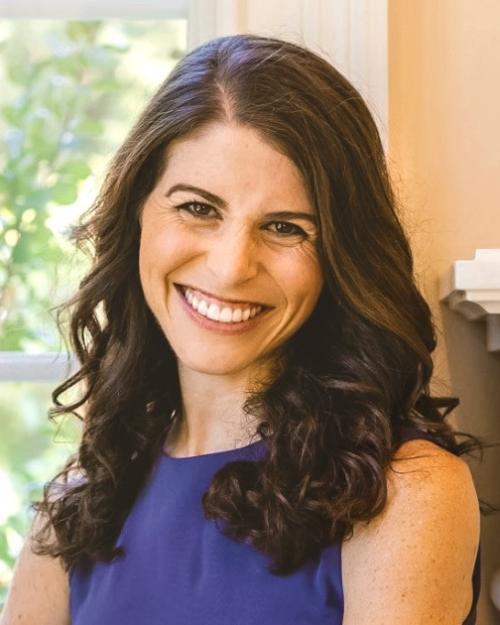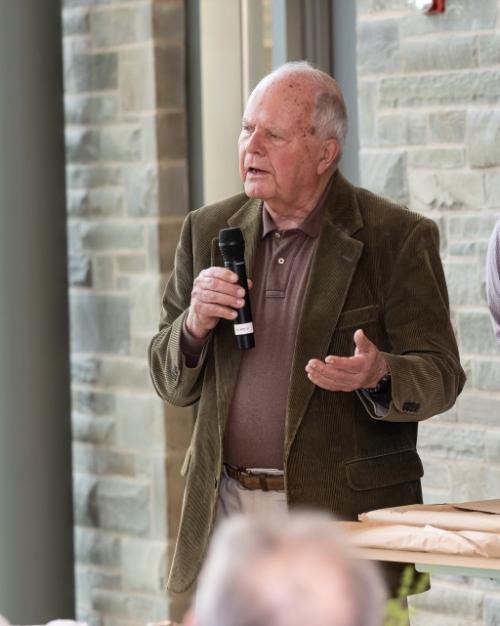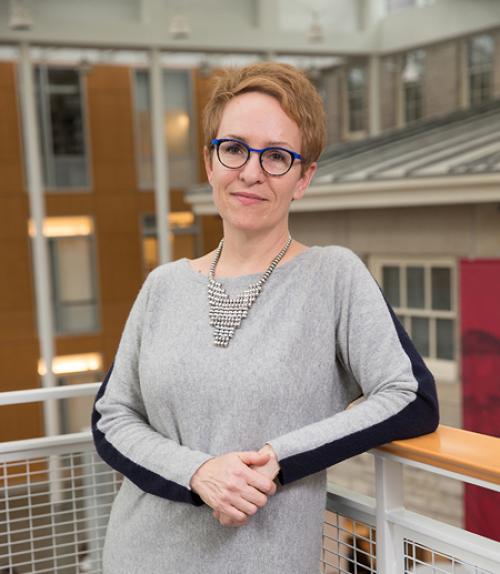Like a black hole – which cannot be perceived directly, but is known only by the way it warps space-time – the object of psychoanalysis is an object we know solely by its effects. In the Society for the Humanities’ Annual Invitational Lecture, Tracy McNulty, Cornell professor of French and comparative literature in the College of Arts and Sciences, will explore the analytic act and its legacy through clinical examples and a reading of Freud’s “Moses and Monotheism.”
The lecture, “Untreatable: The Freudian Act and Its Legacy,” will be held Feb. 28 at 4:30 p.m. in Lewis Auditorium, Goldwin Smith Hall. A reception will follow at the A.D. White House. The event is free and open to the public.
McNulty’s research interests include 20th-century French literature and comparative modernism, psychoanalytic theory, contemporary French philosophy and political theory. In addition to these fields, she regularly teaches interdisciplinary courses on such questions as the origins of language, myth and symbolic thought, eroticism and perversion, and philosophical, scientific and psychoanalytic theories of subjectivity and human agency.
She received her bachelor's degree in French and English from the University of California, Berkeley, and her doctorate in comparative literature from the University of California, Irvine. She is the author of “The Hostess, My Neighbor: Hospitality and the Expropriation of Identity” (2007) and “Wrestling With the Angel: Experiments in Symbolic Life” (2014).
McNulty is completing a new book, “Libertine Mathematics: Perversions of the Linguistic Turn,” which juxtaposes masterpieces of the libertine tradition by the Marquis de Sade, Leopold von Sacher-Masoch, the Comte de Lautréamont and Pauline Réage alongside contemporary theorists. Another book project will explore the intersubjectivity of political acts through the lens of psychoanalysis.
The Society for the Humanities’ Annual Invitational Lecture is designed to give a Cornell audience a chance to hear a distinguished faculty member.
This story also appeared in the Cornell Chronicle.




